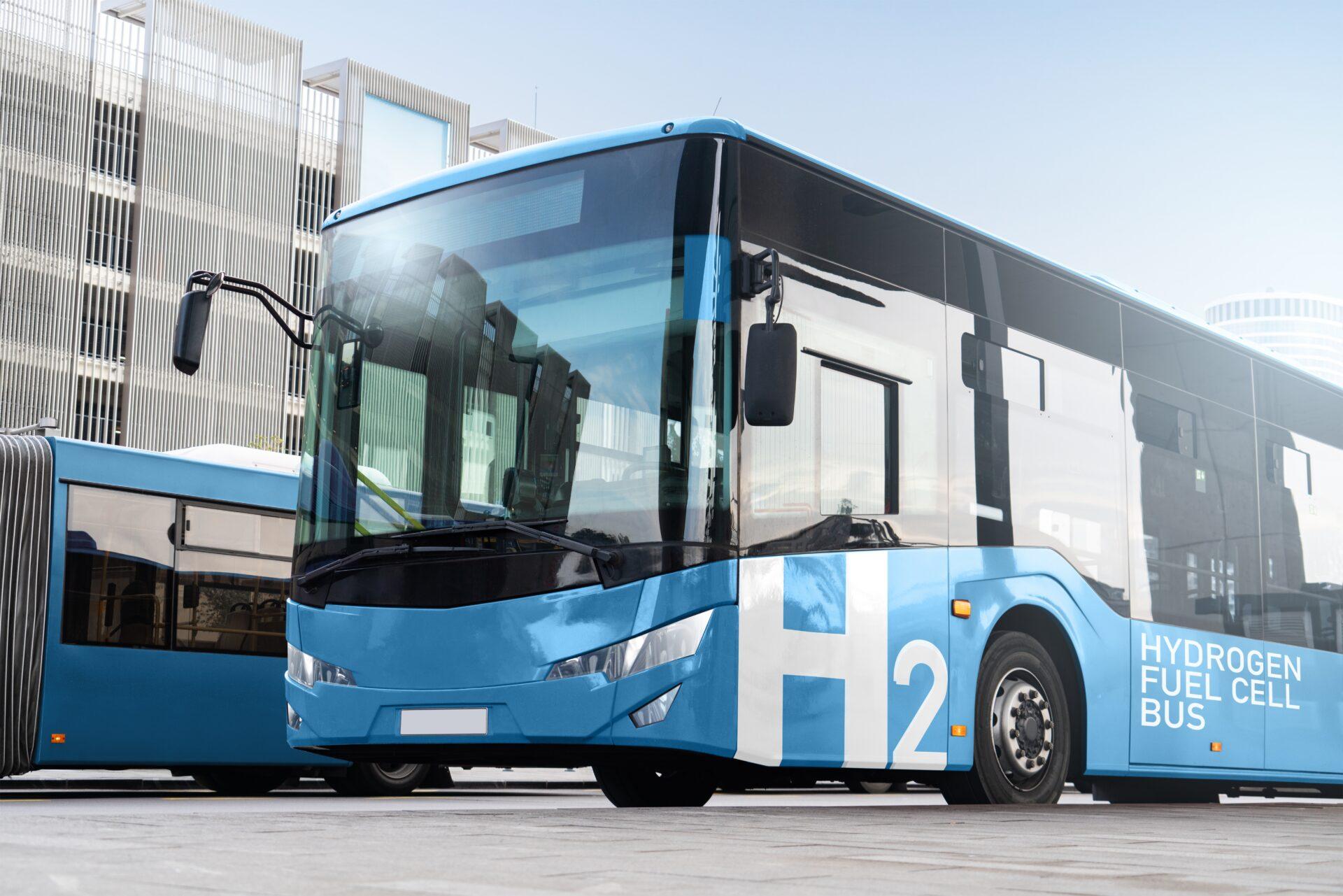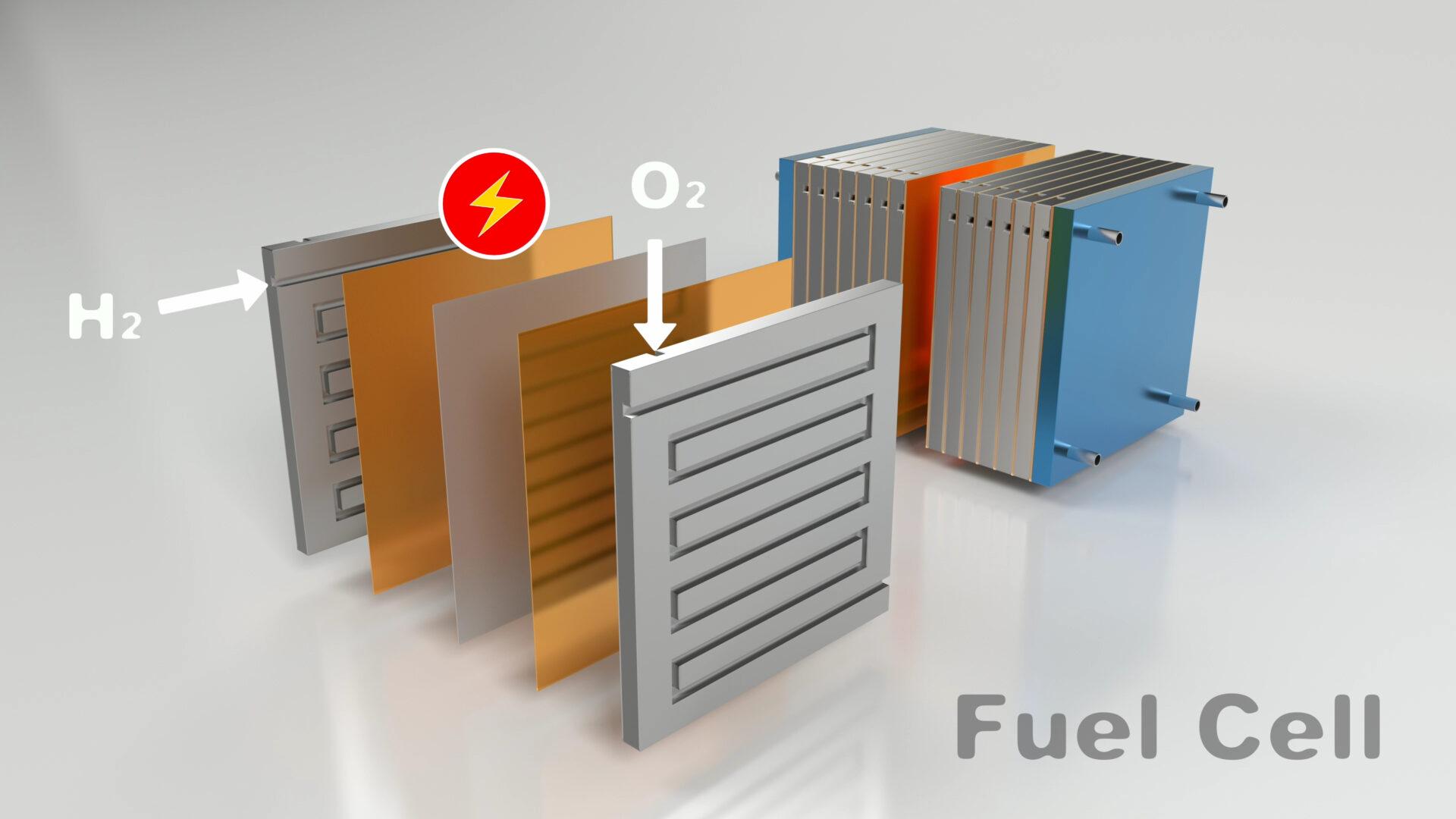Hydrogen

A Key Solution for Decarbonization and the Energy Transition
In a world seeking solutions for decarbonization, hydrogen is emerging as one of the most promising alternatives for the future of our societies’ energy systems. For several decades, research on hydrogen has intensified, and its potential role as an energy carrier (meaning it must first be produced, stored, and then used) could prove crucial in the energy transition, both in the industrial sector and in sustainable mobility.
Abundant in supply and generating no CO₂ emissions when burned, hydrogen offers an energy cycle divided into several stages: production, storage, transport, and use in various applications.
In this context, HEF is fully committed to integrating environmental concerns at the core of its activities. We are expanding our presence in sectors related to low-carbon energy, with a particular focus on hydrogen. From hydrogen production to its use in electric or thermal mobility, HEF is positioning itself as a key player in this energy revolution.

High-Performance Coating Solutions for Electrolyzers
To produce low-carbon hydrogen, electrolyzers stand out as the most promising technical solution. Powered by electricity from renewable sources, they enable the production of “Green Hydrogen” by breaking down water molecules.
The stacks the core of the electrolyzer are composed of a series of metallic components assembled in sequence. HEF studies the surface phenomena of these components in order to provide materials and treatments that ensure performance and durability.
To support the large-scale deployment of electrolyzers, the Group has developed the industrial equipment required for high-volume production.

Innovative Solutions for Sustainable Mobility
HEF’s goal is to make robust, durable, and economically competitive solutions available by 2025, with a view to large-scale deployment around 2030. In this context, the fuel cell is a key technology for the future of energy.
A fuel cell operates on the reverse principle of electrolysis. The chemical reaction between hydrogen and oxygen produces water, a small amount of heat, and most importantly electricity, which can then be used to meet various energy needs.
Fuel cells are already in use today, particularly in the mobility sector, powering innovative electric vehicles such as hydrogen fuel cell cars.
Beyond cars, this technology can also be deployed in other forms of transportation, such as buses, trains, and so-called “high-usage” vehicles like taxis, captive fleets, utility vehicles, and electric forklifts. A major advantage of hydrogen-powered vehicles is their ability to refuel quickly in just a few minutes unlike conventional battery-powered vehicles, making them especially well-suited for environments requiring frequent use.